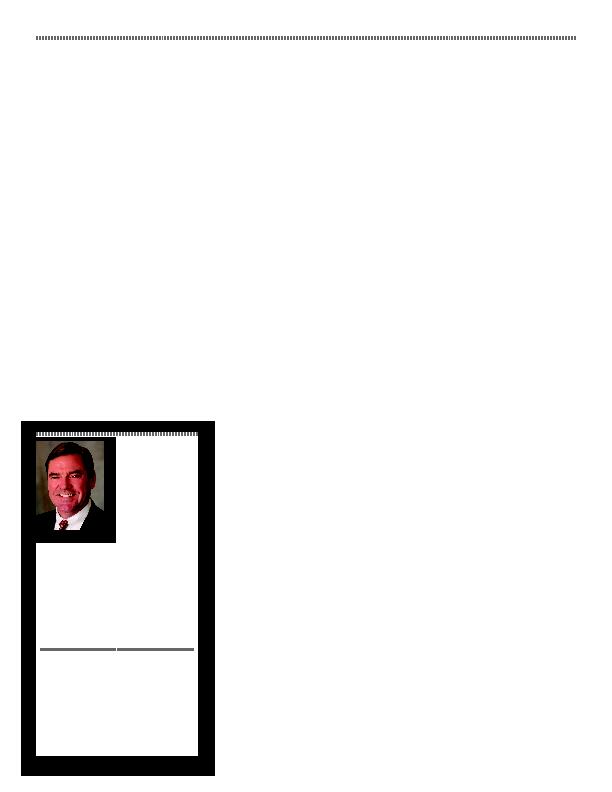
Anti-Bribery Systems
addressing anti-bribery management
systems published by the International
Standards Organization in 2016--is
starting to be embraced by many countries
and organizations, including major U.S.
companies that may soon require the same
of their suppliers.
Because the new standard offers
practical guidance and clear auditable
compliance measures to combat bribery, it
is being promoted as an improved tool for
management and enforcement authorities.
Companies and business associations
are urging the U.S. and foreign governments
to regard ISO 37001 compliance systems
as a verifiable indication of compliance
mitigating penalties.
The ISO 37001 standard is intended to
address the growing international consensus
for an improved system to combat bribery.
By offering a framework of measurable
compliance criteria that meet the needs of
individuals, small and large companies, and
governments, it aims to reduce confusion
and subjectivity in interpreting and
enforcing these laws.
This article discusses why the new
standard may become one of the most
important tools for businesses seeking to
deal with issues of bribery and corruption.
Bribery Laws Are Expanding;
Enforcement is Robust; and
Detection is Easier
Corrupt Practices Act (FCPA) was one of
the few active international anti-corruption
regimes. It aimed to curtail corporate
bribery of foreign officials, authorizing
the U.S. Department of Justice (DOJ) and
the Securities and Exchange Commission
(SEC) to work in tandem to enforce the
criminal and civil elements of the Act.
costs of bribery and corruption--the World
Bank estimates that roughly $1.5 trillion
in bribes are paid each year equaling
about 2 percent of global GDP
laws. Notable among them are the United
Kingdom Bribery Act, France's "Sapin II"
law, Mexico's 2016 anti-corruption reforms,
and China's wide-ranging and at times
harshly-enforced efforts.
Enforcement of anti-bribery laws
remains robust. In the U.S., there were over
SEC during 2016, with nearly $2.5 billion
in corporate fines and penalties collected,
including several record settlements. Some
cases involved enforcement authorities from
multiple countries, such as the case against
Brazil's Braskem and its corporate parent,
Odebrecht, which yielded the largest
penalty for a foreign bribery case in history,
$3.5 billion collectively levied by U.S.,
Brazilian and Swiss authorities.
There is every reason to believe these
enforcement trends will continue. In
April 2017, U.S. Attorney General Jeff
Sessions said at the annual Ethics and
Compliance Initiative Conference that the
DOJ "will continue to strongly enforce the
FCPA and other anti-corruption laws."
is expanding because transactions are
increasingly traceable due to proliferation
of electronic banking and commerce, as
well as enhanced government surveillance,
enabling government investigators to more
easily detect and prosecute corruption
schemes.
Applicable in Multiple
Jurisdictions
has shown that there can be significant
subjectivity in the interpretation,
implementation and enforcement of
national anti-bribery laws. Further,
the shifting policies of enforcement
authorities can create troubling and
expensive uncertainties for even the most
conscientious corporations struggling to
comply with varying anticorruption laws
and local customs. For example, DOJ
announced a new policy with the September
heading the international transactional practice
group. He has practiced international trade
and national security law since 1980 and has
extensive experience working with the U.S.
and foreign governments in regulatory and
enforcement actions.
2100 M Street, N.W., Suite 200
Washington, DC 20037
stewartlaw.com